'Evidence-driven partnerships will transform Uganda's secondary education'
PEAS, a UK-based charity and social enterprise, operates more than 30 secondary schools in some of Uganda’s hard-to-reach areas under a low-cost, sustainable approach dubbed “Smart Aid”.
Henry Senkasi, Country Director PEAS Uganda. (Credit: Mpalanyi Ssentongo)
__________________
Uganda’s education system must place evidence at the centre of policymaking and actively draw lessons from non-state actors to expand access to quality secondary schooling, New Vision Online has heard.
Speaking at the Evidence and Impact Conference on September 12, 2025, at Fairway Hotel in Kampala, Promoting Equality in African Schools (PEAS) country director, Henry Senkasi, underscored the importance of data and proven models in shaping reforms that reach disadvantaged learners across the country.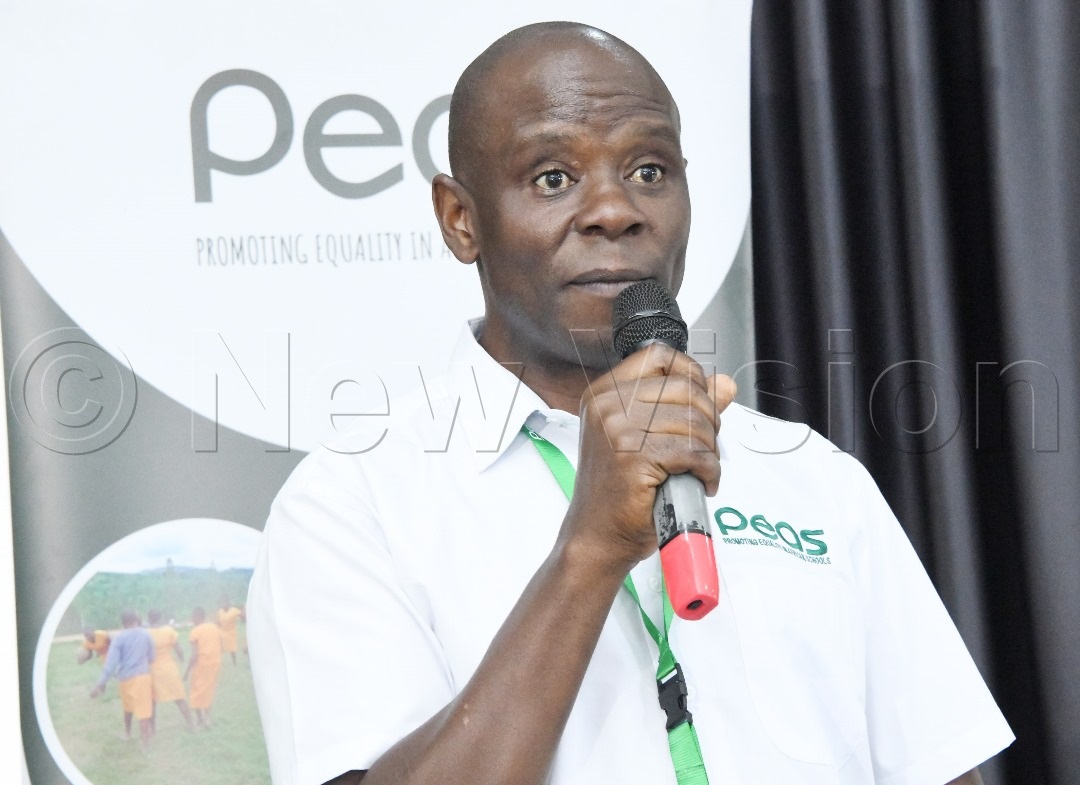
Henry Senkasi, Country Director PEAS Uganda. (Credit: Mpalanyi Ssentongo)
“PEAS deliberately collects and shares data on school performance and sustainability with the Ministry of Education to inform system-wide improvements. Our model ensures quality and affordability while targeting disadvantaged learners,” Senkasi said.
PEAS, a UK-based charity and social enterprise, operates more than 30 secondary schools in some of Uganda’s hard-to-reach areas under a low-cost, sustainable approach dubbed “Smart Aid”. Beyond building and running schools, the organisation works closely with government and private providers to share tested practices and influence sector-wide change.
While acknowledging challenges such as teacher retention—with many trained by PEAS leaving for better pay in government schools—Senkasi framed the development as an indirect win for the system.
“When teachers we have trained move to government, it means our model is indirectly improving public schools as well,” he explained.
Government officials at the event welcomed PEAS’ evidence-driven approach. Assistant commissioner for education standards, Judith Akurut, commended the organisation for complementing inspection work.
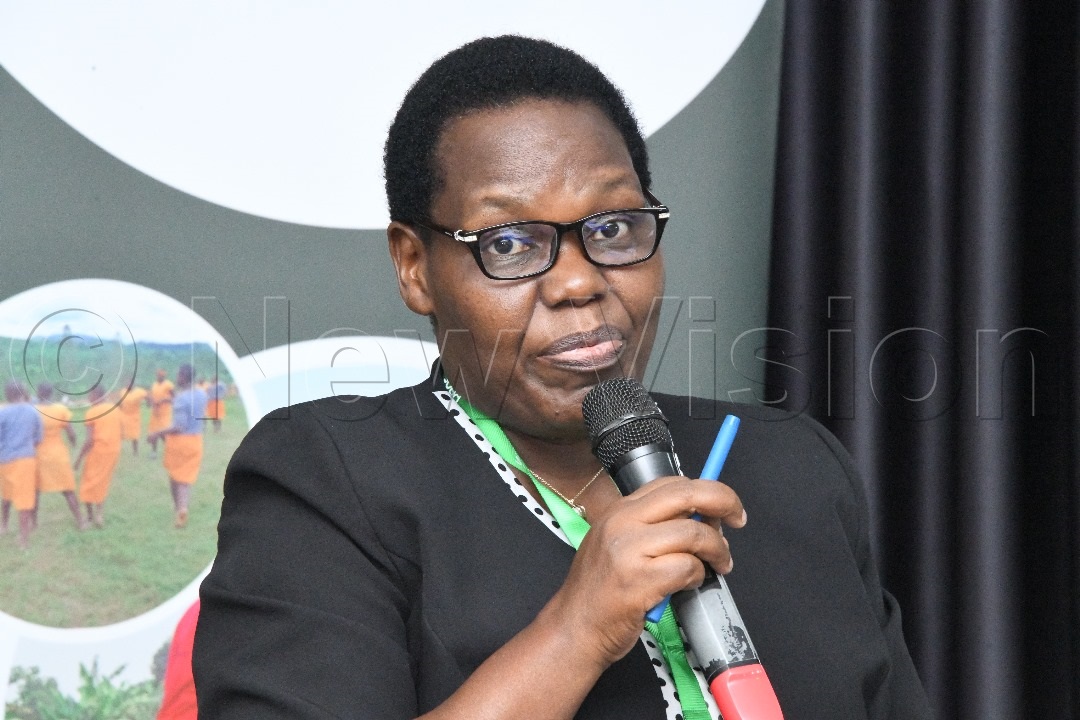
Juliet Muzoora, Commissioner of secondary education and sports representing the Permanent secretary. (Credit: Mpalanyi Ssentongo)
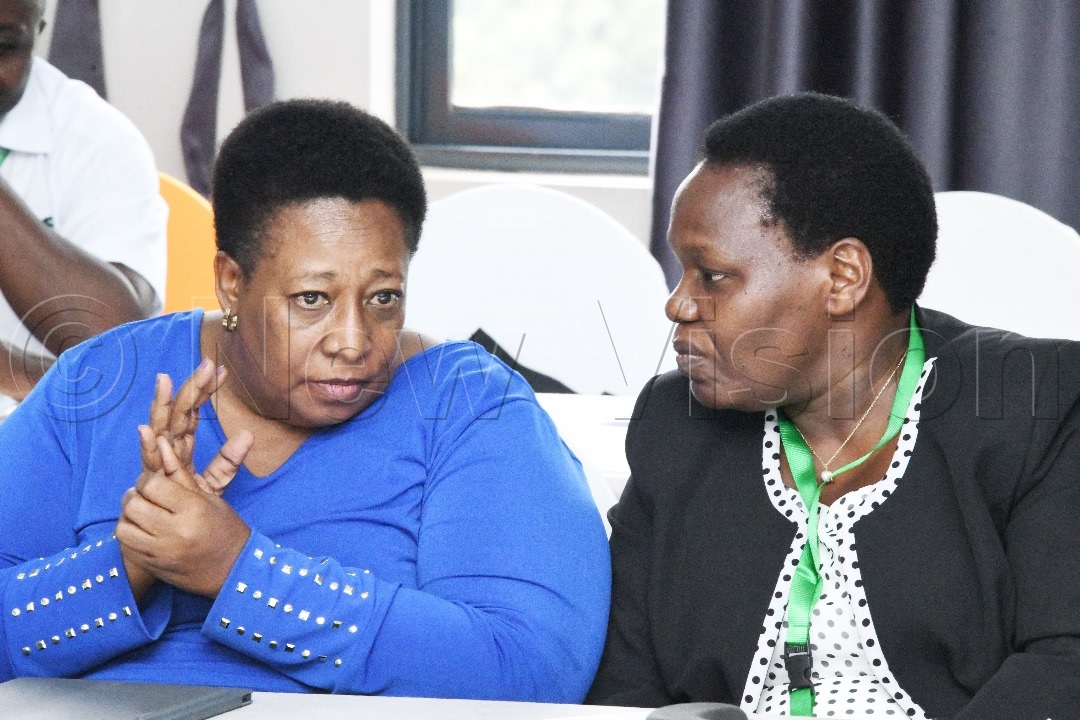
Frances Atima, Director Education standards MoES (l) with Juliet Muzoora, commissioner of secondary education and sports.
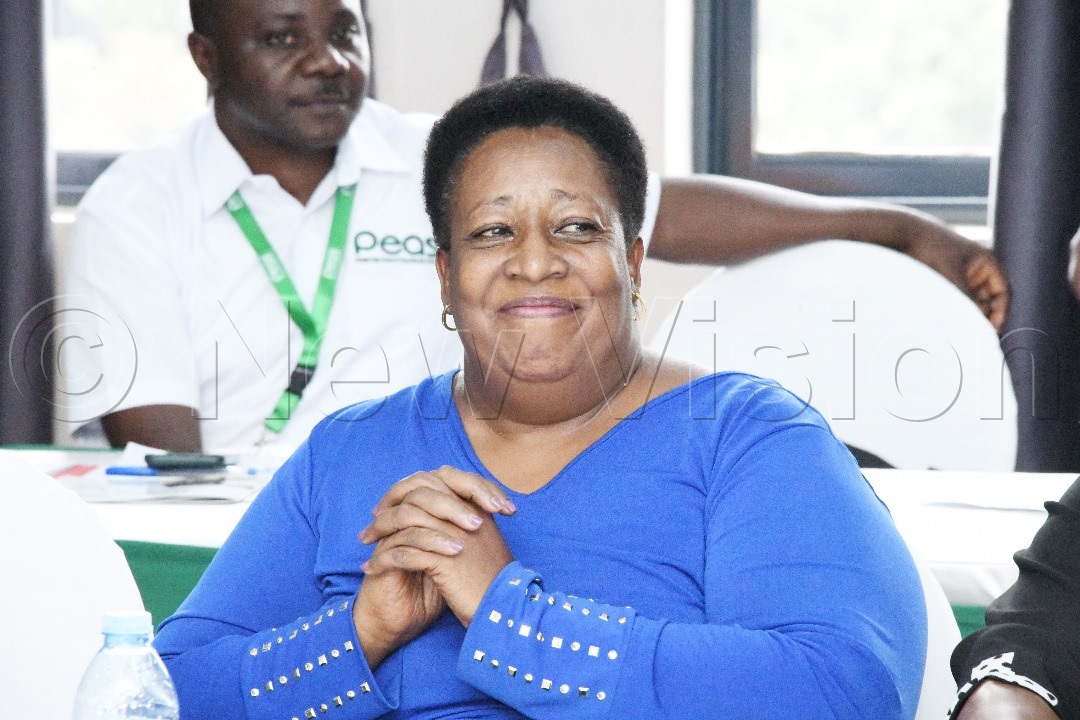
Frances Atima, Director Education standards MoES.
“We do the inspection, but PEAS follows up with schools to ensure recommendations are implemented. Their contribution in safeguarding and improvement planning strengthens our mandate,” she said.
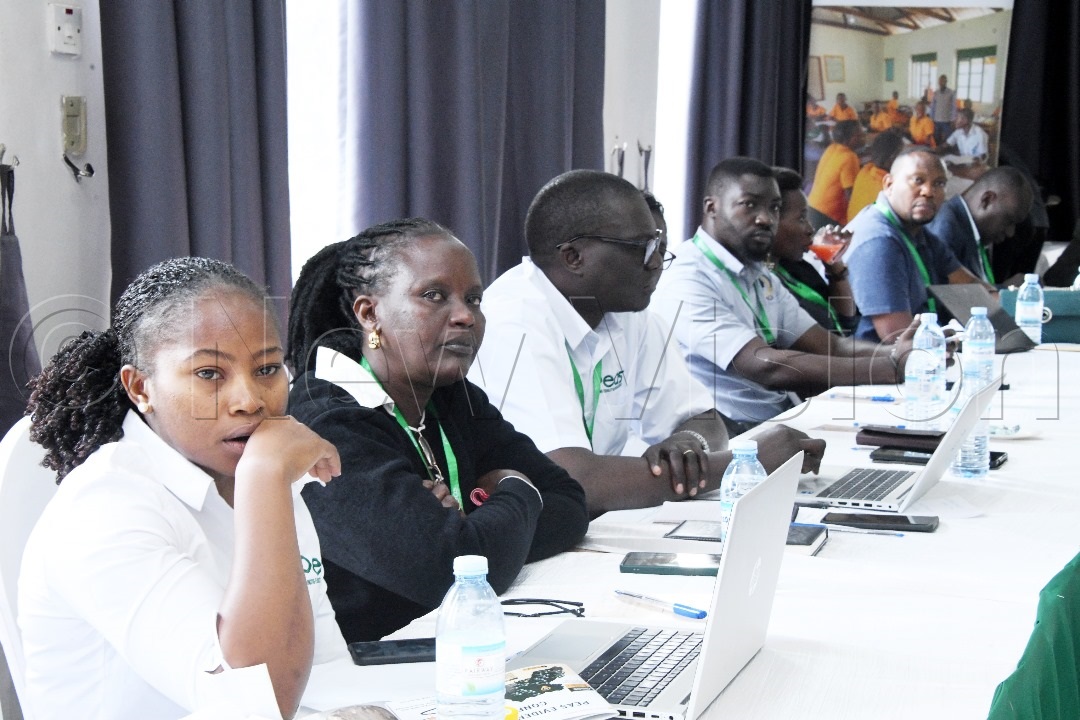
Some of the participants at the conference.
With only 40 inspectors serving over 6,000 secondary schools nationwide, Ms Akurut emphasised that collaborations with organisations like PEAS are crucial to bridging capacity gaps.
Other education leaders echoed this. Frances Atima, the principal inspector at the education ministry, said PEAS’ consultative model has helped identify systemic gaps, particularly weak school leadership.
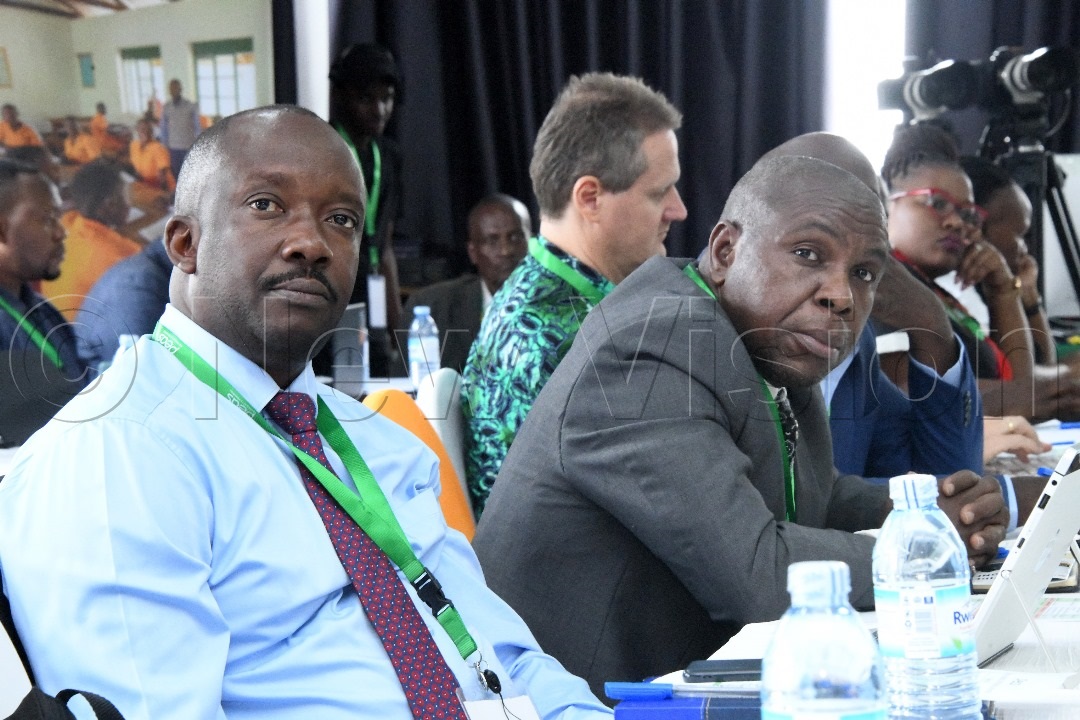
Patrick Kaboyo, National Secretary-Federation of Non-State Education Institution (FENEI). (Credit: Mpalanyi Ssentongo)
Federation of Non-State Education Institutions (FENEI) national secretary, Patrick Kaboyo, encouraged private schools to adopt PEAS’ holistic approach that balances academic outcomes, safeguarding, and student wellbeing.
Apollo Gabazira, the chairperson of the PEAS Uganda board, stressed that sustainability and rural-focused delivery were key to improving equity.
Similarly, Dr Mary Goretti Nakabugo of UWEZO urged the Government to replicate lessons from PEAS’ 30 schools to improve outcomes for disadvantaged learners, especially girls.
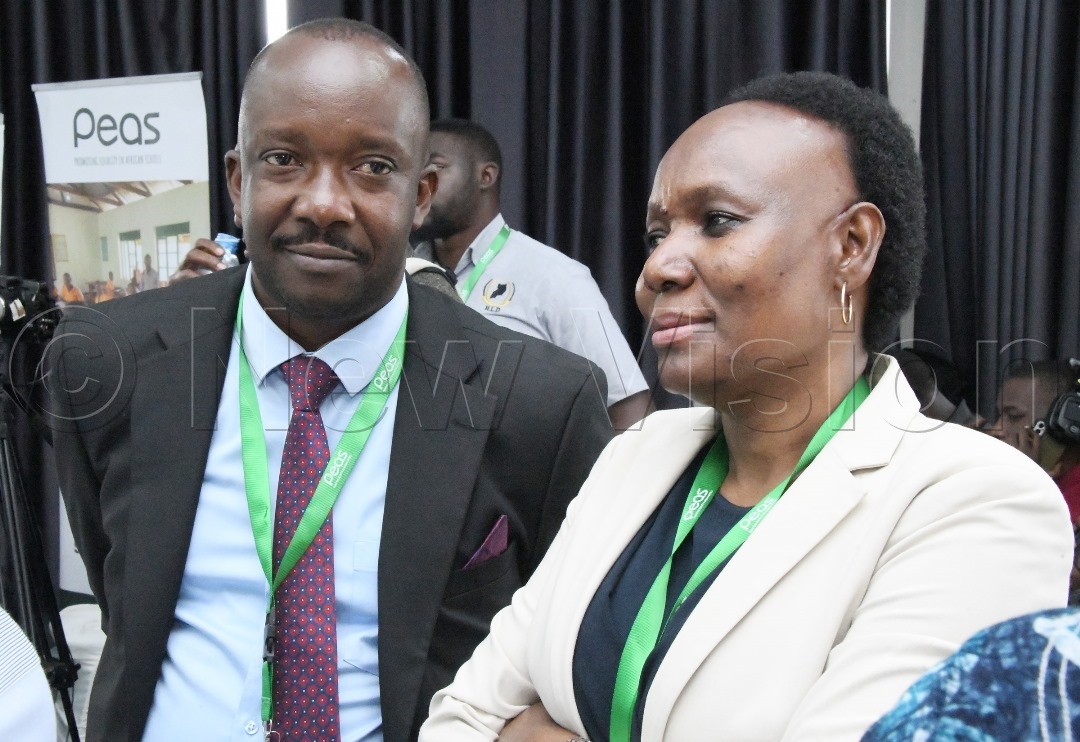
Patrick Kaboyo, National Secretary-Federation of Non-State Education Institution (FENEI) and Dr Mary Goretti Nakabugo, Executive Director UWEZO. (Credit: Mpalanyi Ssentongo)
The conference concluded with consensus that Uganda’s education sector requires innovative financing, stronger partnerships, and evidence-based models to address challenges of teacher capacity, weak inspection, and limited rural access.
Senkasi noted that the path forward is clear.
“The future of Uganda’s secondary education lies in government and non-state actors working hand in hand—guided not by assumptions, but by evidence that shows what truly works.”